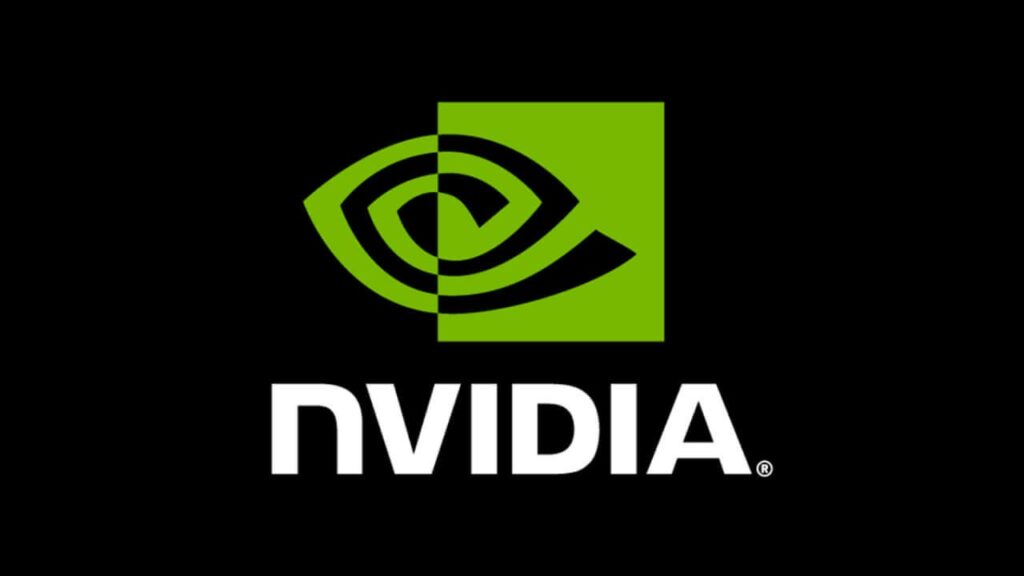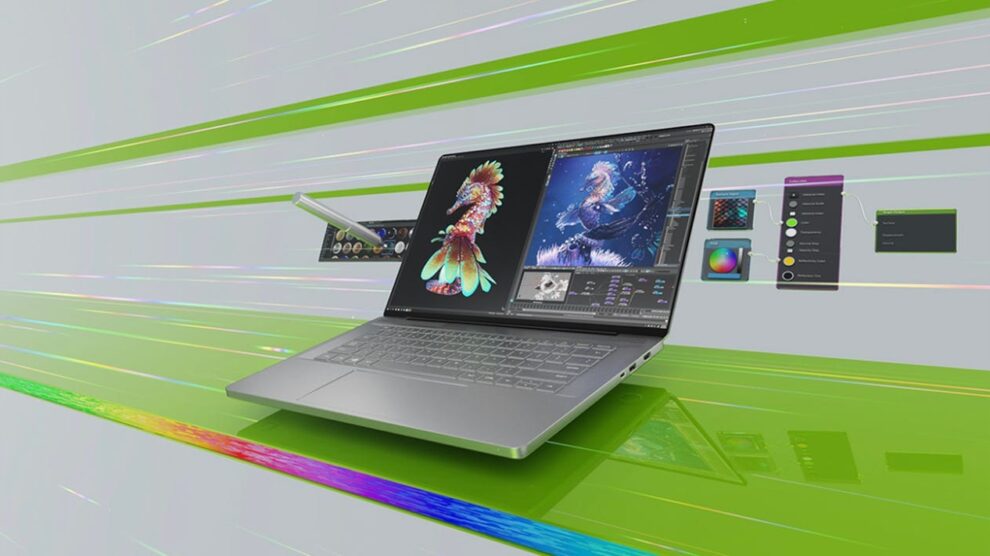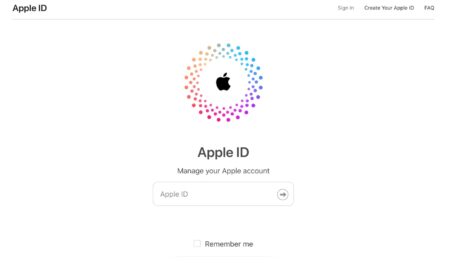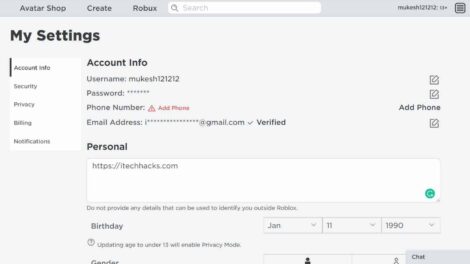While big tech flaunts ever-smarter AI assistants like Google’s Bard, Nvidia charts a unique path – delivering AI conversational abilities powered completely locally by user devices courtesy of their new Chat with RTX.
This approach circumvents cloud privacy concerns while unlocking rapid-fire response times. And localized processing opens creative doors for personalized experiences aligned to individual needs and local data.
As pioneering creators of GPU chipsets advancing AI proliferation, Nvidia’s reputation precedes them. By colliding their graphics innovation with blossoming natural language processing in a privacy-first package, Chat with RTX promises to reshape consumer expectations.
How Nvidia’s Localized AI Chatbot Works
Chat with RTX represents a technically ambitious effort harnessing AI conversationally 100% on user devices – no external servers involved. Here’s how it works:
Leveraging RTX GPU Power
The secret lies with Nvidia’s specialized tensor core RTX graphics cards, which contain dedicated AI and neural network acceleration hardware.
These GPUs pack extreme parallel processing abilities tailored to machine learning’s computational demands – the perfect foundation for intensive models like conversational AI.
Optimized AI Framework
Built atop RTX’s solid bedrock, Nvidia then optimizes an AI framework specifically for friendly chat. This includes natural language processing, dialogue training, and knowledge integration.
The framework emphasizes approachability – anyone can chat casually as with a real human friend.
Zero External Requests
Finally, by constraining all processing locally on users’ high-powered RTX GPU, no external requests touch remote servers. You enjoy seamless AI assistance completely contained on your own trusted device.

The Privacy Power of On-Device AI
As data privacy concerns mounted against Big Tech giants increasingly leveraging cloud-based AI, Nvidia’s localized approach offers refuge.
Some key privacy benefits include:
- No personally identifiable data leaves your PC at any point
- Your sensitive files remain fully under your control through local access
- No machine learning data collection or retention from your interactions
- escaped surveillance from ad trackers and data brokers
For many consumers wary of data exploitation, this peace of mind may prove liberating.
Blazing Speeds: The RAM Advantage
Without round-trip latencies to remote servers, Chat with RTX responses feel instantaneous, matching natural conversation flow.
Plus localized AI processing unlocks a seldom-discussed boon: lightning-fast memory.
While cloud-based chatbots rely on limited RAM allocations, Chat with RTX efficiently taps your entire machine’s memory capacity for real-time data caching and retrieval.
For complex commands requiring gobs of contextual data, this hardware advantage shines. Nvidia is only scratching the surface of unlocking local memory management for responsive experiences.
Personalized AI: Local Files and Customization
With intimate local access to user files and configurations, opportunities abound for highly dynamic experiences personalized to individual needs.
A few personalization potentials include:
- Scanning personal media libraries to serve up tailored recommendations
- Tracking fitness or medical data locally as part of health advisory regimens
- Identifying favorite brands and services to boost shopping and subscription management
- Monitoring finances across linked accounts to provide customized budget updates
And integrations with Nvidia GPU functionality like broadcast filters or graphics settings adjustments introduce additional dimensions for specialization.
As people invite AI deeper into personal facets like media, shopping, health, and productivity, these localized integrations hold unique appeal.
Who Stands to Benefit Most from Nvidia’s Approach?
While virtually any consumer appreciates optimized performance and privacy, Nvidia’s localized chatbot holds unique appeal for several groups:
- PC Enthusiasts: Hardware geeks obsessed with maximizing high-end gear see immense appeal.
- Early AI Adopters: Those ushering in the AI revolution relish guiding experiences from their own devices.
- Data Privacy Maximizers: Individuals highly protective of personal data gain confidence from on-device processing.
- Power Users: People comfortable tweaking settings for customized scenarios unlock full personalization potential.
Undoubtedly Nvidia also hopes to convert AI-savvy gamers seeking the best possible graphics card performance. By tying RTX hardware benefits to marquee software experiences like Chat with RTX, additional value propositions emerge.
The Future of Locally-Processed AI Assistants
As consumer comfort grows around AI integrations across daily life, from conversation to commerce and beyond, trust stands paramount. Within a technology domain rife with turbulent ethical dilemmas, Nvidia’s commitment to on-device experiences lays a foundation of goodwill.
By siloing processing and data fully locally, Nvidia ICC ducks thorny questions plaguing cloud-based rivals regarding transparency and privacy – though new questions may emerge around equity if highly performant hardware becomes a gatekeeper to experiences.
Still, in contrast to corporatized AI monopolies playing fast and loose through legal loopholes, Nvidia earns user confidence by empowering individuals. Their bet: locate the benefits of intelligent assistants firmly in the hands of their human partners.
If this human-centric philosophy persists as locally-processed AI progresses, Nvidia may spark a movement placing empowered people over profits, data exploitation, and opacity. The revolution starts from within – on capable local devices untethered from external forces.










Add Comment